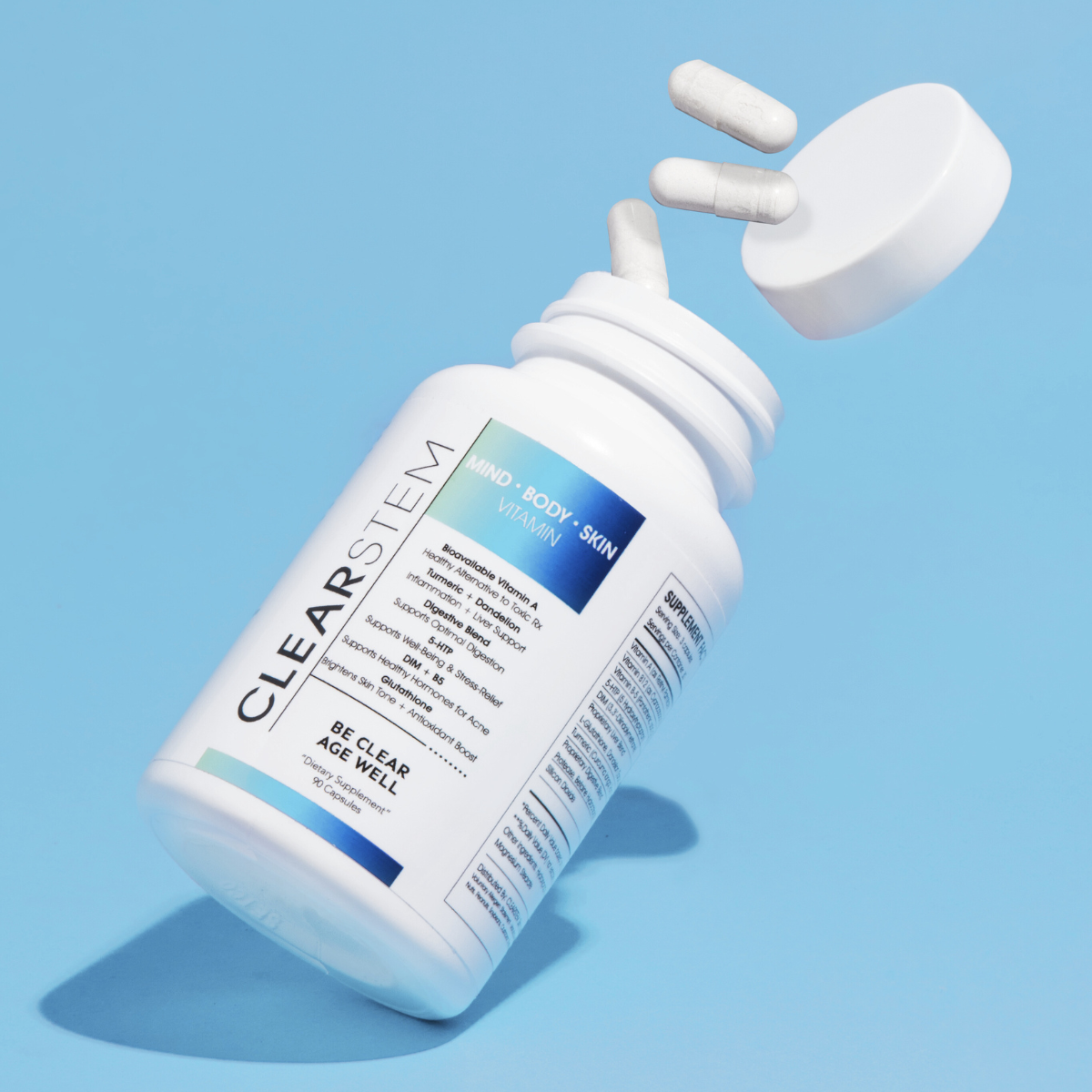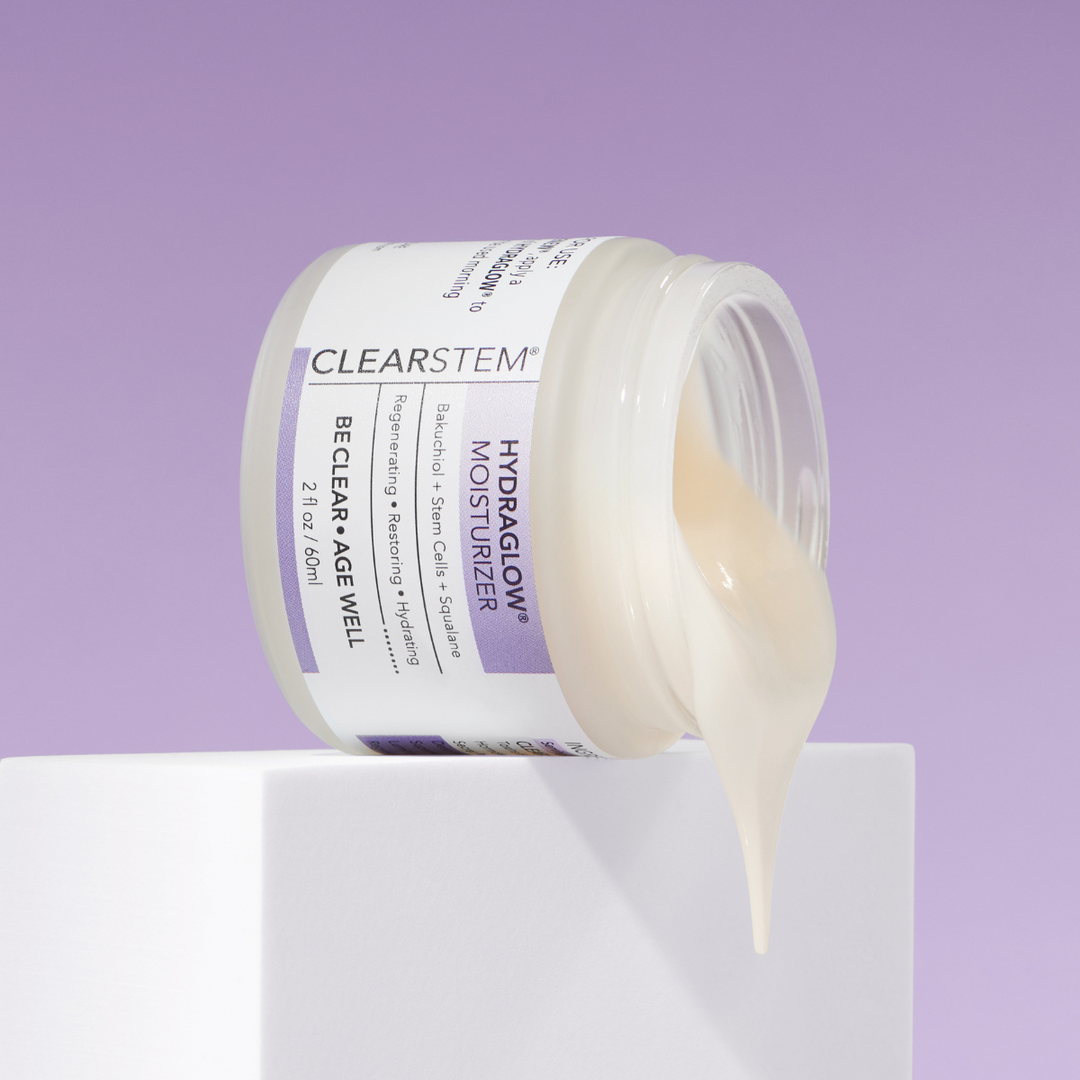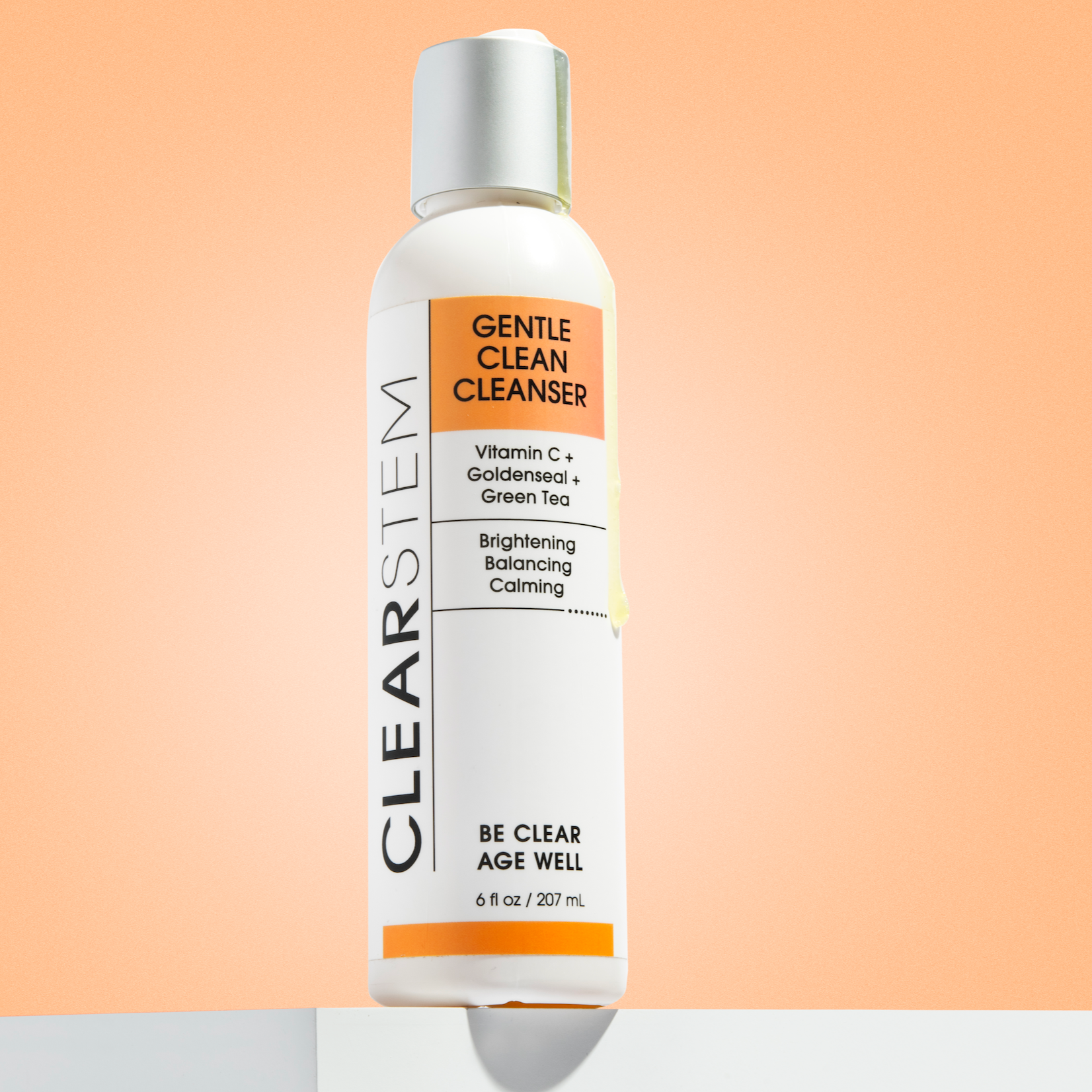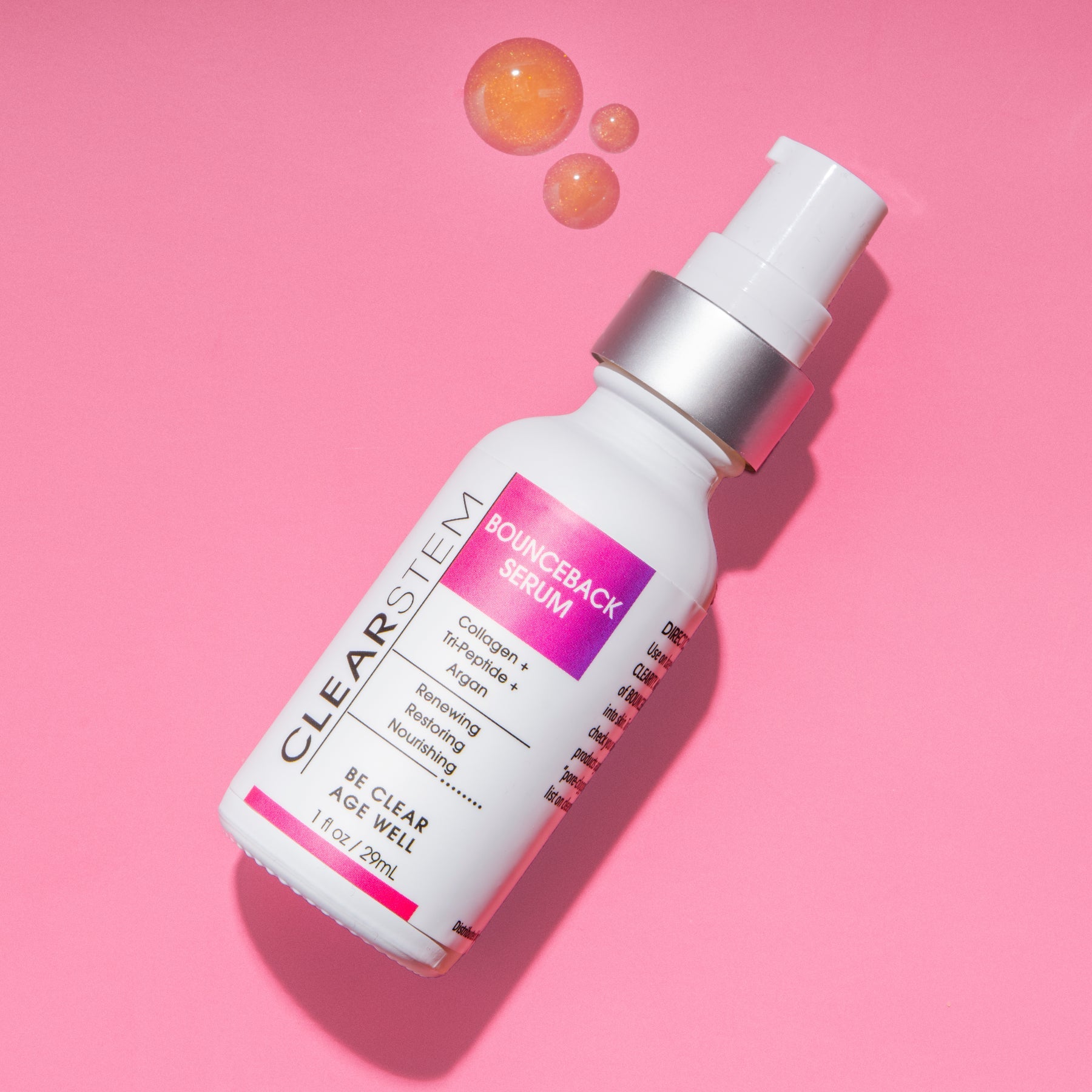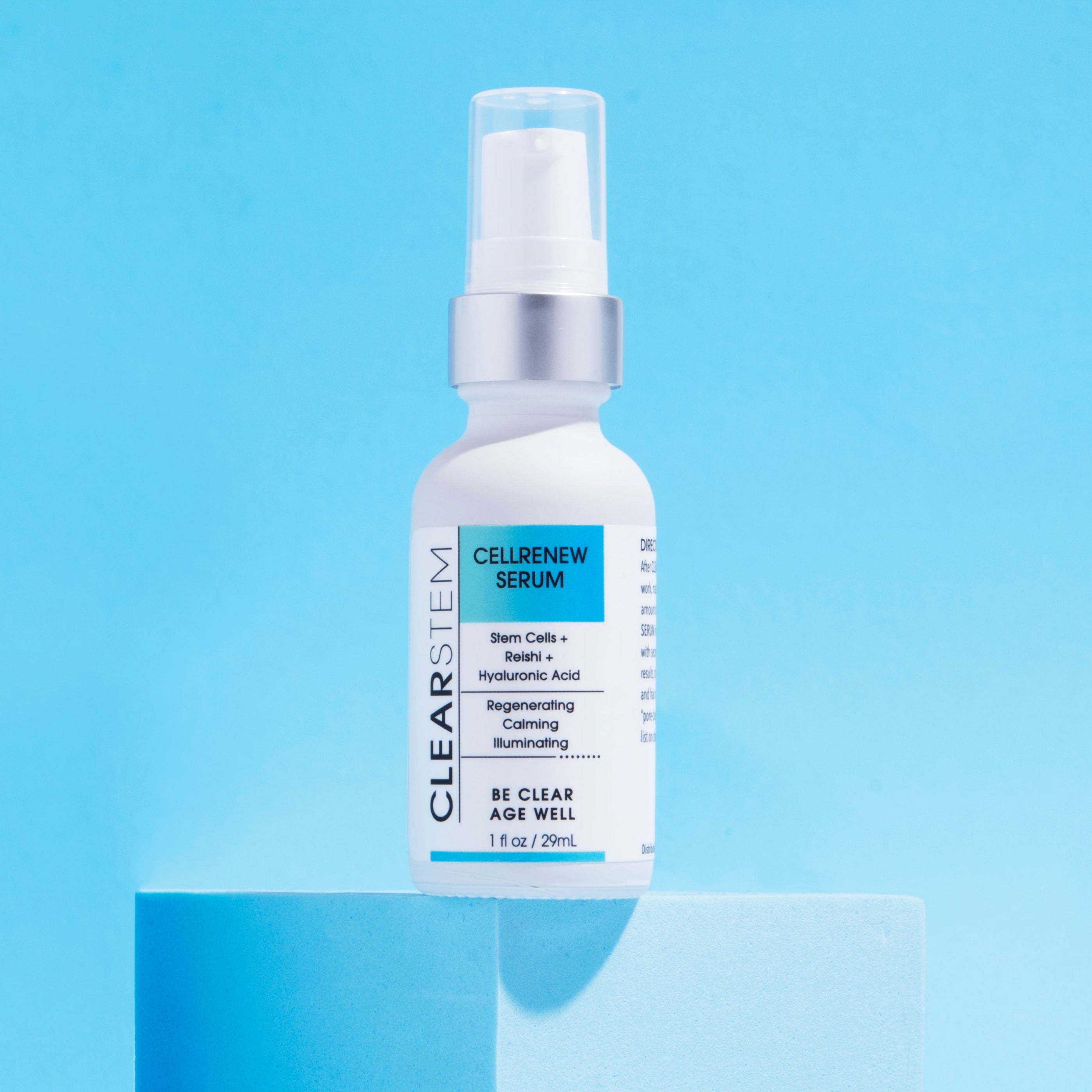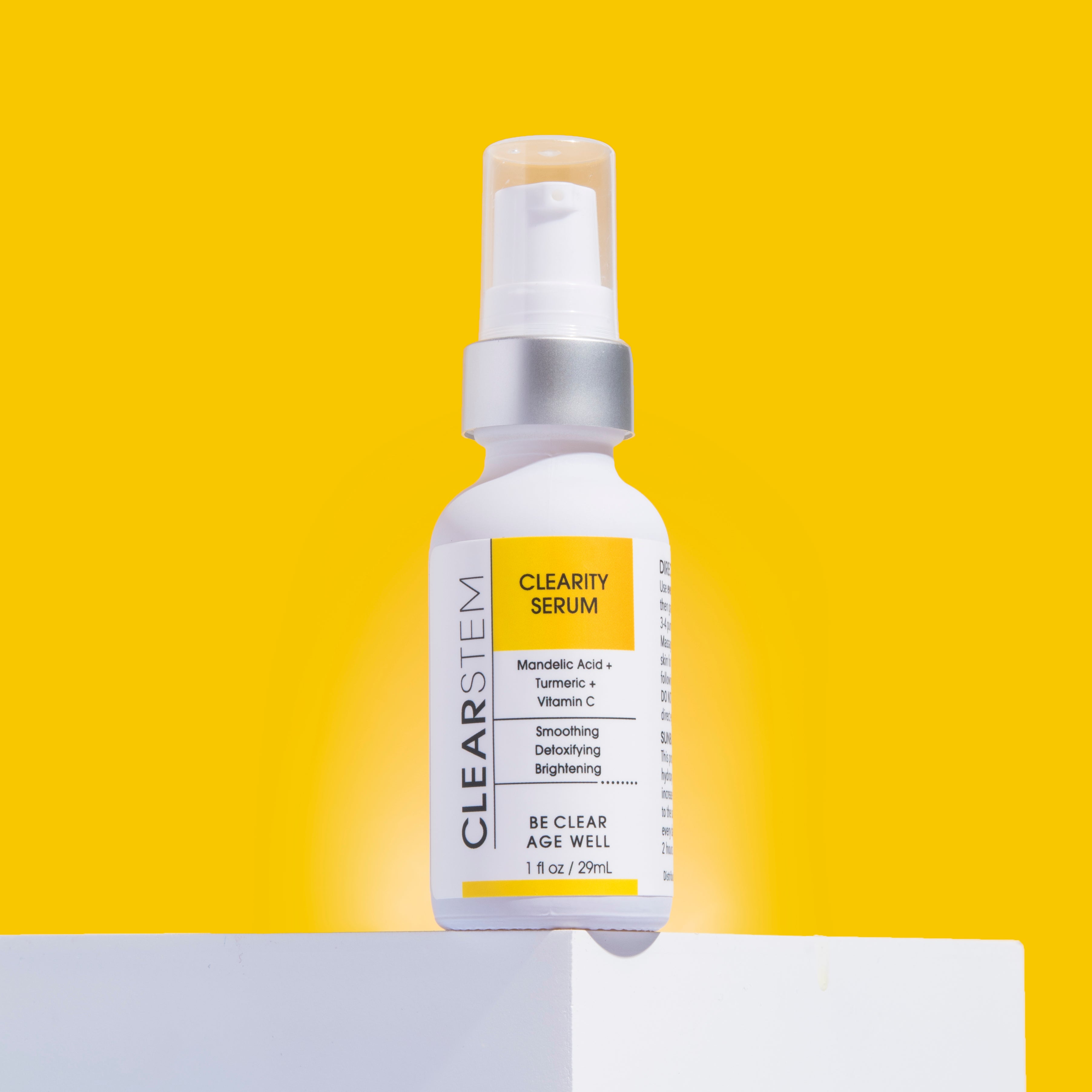Eggs are such a staple food in society, a great source of protein & nutrients with very few calories! A main part of breakfast in most of the world, and for good reason! They’re cheap and easy to come by (and delicious). While they may be a great addition to your protein-packed breakfast, they may be preventing you from achieving glowing, healthy skin. So, if you’re wondering, “Do eggs cause acne?” our experts are here to break it all down for you.
Eggs are full of many acne-triggering ingredients which we will break down to help you figure out if eggs are what’s causing your acne. (Hint: they likely are, especially if you’re eating them more than once a week).
At San Diego Acne Clinic, the owner Danielle Gronich makes eggs one of the top dietary questions she asks during evaluations. A significant correlation between cystic acne and egg consumption has been found in at least 70% of patients. Even though eggs are popular, they’re one of the top 6 allergens along with soy, dairy, nuts, gluten, and shellfish! They are highly inflammatory for a lot of people for many reasons and unfortunately tend to cause cystic acne (not just tiny little bumps).
Here’s why eggs and acne are related:
#1 Albumin (the protein found in eggs)
Are eggs bad for acne? Well that depends on how your body reacts to them. The primary reason eggs cause acne is because the protein found in egg whites (albumin) is notoriously hard to digest. WHY THIS MATTERS: proteins that aren’t broken down properly will clog up your lymphatic system (that network of detox pathways that runs through your body). You will mainly see this pattern of inflammation in the mid-face, starting near the nostril area, moving down the inner cheeks and all the way down to the chin. If you experience acne around your mouth and chin, eggs may be the culprit. This is a major lymphatic pathway in your face and that’s why this area tends to get distinctly inflamed. If eggs are being eaten daily, the pattern of inflammation can travel to the underside of your neck (near your lymph nodes) or the other major lymphatic area- the temples. Sometimes it appears right under the cheekbone but most commonly it’s right down the middle of the face from like parentheses around your mouth or on your neck.
The lymphatic system is the most underrated (but HUGELY important body system) that gets ignored by western medicine and western dermatology. It’s so unfortunate, because we are taught to only think of a skin breakout to be caused by hormonal or bacterial acne, so people often mistake lymphatic acne for hormonal acne. Doctors will prescribe hormone modifiers like spironolactone, isotretinoin (“accutane”) or birth control to control sebum (oil) but this is like taking the batteries out of your smoke detector. It’s not a real solution, and the acne will come right back once you stop. If you are not digesting protein well, eating too much of it, or eating a hard-to-digest protein like eggs, this will absolutely lead to lymphatic blockage and you will see it in specific patterns on the face that are not just “hormonal”. FYI, hormonal acne tends to appear where you’d have the most hair follicles, so it’s generally all over the lower face and not in such a distinct pathway pattern like we are describing.
#2 Eggs are full of progesterone, an acne-triggering hormone
Eggs are a hormonal ovulation pod from a chicken that’s waiting for some sperm action. As sexy as that sounds, an egg is full of progesterone which is one of the acne-triggering hormones for many people. Your body naturally creates its own progesterone, so regularly consuming extra hormones can disrupt your body’s natural levels and lead to an acne breakout. When some people switch to a low-carb or Keto diet (a common example) they might start eating multiple eggs a day. Such high levels of progesterone are problematic for most acne sufferers.
Side effects from eggs can even be exacerbated by the type of birth control you’re on. If it’s a high progestin (the Rx version of progesterone) form of birth control, eating eggs may be worse for you than if you were on a higher estrogen type of birth control. The hormonal IUDs like Mirena and Skyla are progestin-based so this is a big one to watch out for. The copper IUD does not contain progestin.
This is just one example of how eggs can affect people differently. You may be thinking “but I’ve been eating eggs my whole life and the acne is new.” This could be true, but we encourage you to look at the frequency of egg consumption and whether anything else has changed, like birth control. Just because something wasn’t a trigger at one point does NOT mean it isn’t a trigger now. Our bodies go through so many changes, and even something as mindless as a multivitamin can pack really high levels of certain vitamins that change your hormones and make you more acne-prone. That’s why it’s so important to be aware of which healthy habits cause acne so you can prevent any skin breakout issues in the future.
#3 Eggs contain biotin
Eggs are thought to contribute to acne because they contain biotin. We actually DON’T agree with this, but here’s where that comes from. Eggs are a naturally rich source of biotin; just one serving can account for 20-30% of your RDA (recommended dietary allowance) of biotin. So compared to other foods, yes eggs have a lot. But this is not enough to really impact acne. Biotin supplements (ex: “Hair, Skin, and Nails” vitamins) can contain ridiculously high levels (like 20,000%) of your RDA. This obscene amount will stimulate keratin production in a manic way and can also make your skin hyper-produce keratin protein. Hyper-kertatosis, or excessive keratin production, is one of the actual genetic root causes of acne, so increasing this will only add gasoline to the fire. If you’ve taken biotin supplements before you may have noticed an acne breakout flare-up after or gotten those little bumps on your arms (keratosis pilaris, AKA “KP”). We always say that the devil is in the dosage, and this is a perfect example. Skin vitamins with an insanely high amount of biotin could cause breakouts but not in the dosage that eggs contain.
Everybody is unique and has different levels and types of inflammation going on, so getting to know your system is key if you want to prevent your acne breakout problems. If you have acne, eliminate eggs completely (if it’s just in a baked item you’re fine, but avoid eating them solo). Eliminate for a month. If this was your trigger, you’ll see a reduction in inflammation within 10-14 days. Once you are clear you can try having one egg by itself and see if that does anything to you. Slowly reintroducing is how you know what your unique threshold is. We do not advise having eggs multiple days in a row as part of your testing process though. Just have one, wait a week, then have another. You should see a breakout from eggs within 3 days after consumption. The goal is to see how much you can eat without any problems. That said, anything that inflames you should be generally avoided and only eaten sporadically.
If you have already eliminated eggs and your acne is still inflamed in the lymphatic area, you may have an issue digesting animal protein. Another culprit could be gluten. Another culprit may be that your liver is overwhelmed so things are backing up in your lymphatic system. These all create cystic, inflamed acne in the same areas on the face. At San Diego Acne Clinic we have a blood work specialist who we refer “mystery” cases to, and more often than not there is an issue breaking down protein. Protein is the most difficult food to break down anyway, so this does make a lot of sense. We have found that adding digestive enzymes, hot lemon water before meals, and focusing on softer meats like fish can create a significant improvement in acne and reduce inflammation in the entire body. Anything that supports digestion will help your entire body, so be sure to tune into your digestive system and nurture it.
Tips to help optimize your digestion
- Eat the bulk of your protein before 6:00 pm. The earlier the better.
- Make darn sure that all meats are organic and grass-fed.
- Try to eat liver. It is the ultimate #1 food for helping to improve acne and is our favorite superfood. Pan sear it with bacon & onions if you have to, just try to love it! The amounts of bioavailable vitamin A and liver nutrients are unparalleled in other foods and your body knows exactly what to do with it!
- If you can’t stomach liver, get some grass-fed liver capsules. We like the brand “Ancestral Supplements”.
- Drink hot lemon water before heavy meals, or have some apple cider vinegar. These two powerful drinks are detoxifying and their bitterness stimulates your own digestive juices so you break down your food better. This helps you get the most nutrient value from your food and reduces digestive inflammation.
Some of our favorite breakfasts that are egg-free include avocado toast on gluten-free bread, oatmeal, and superfood smoothies with fiber and plant-based protein. Please have fun when you are testing things out. Healthy skin really starts with a nutritious diet! This is a journey and as frustrating as acne is, getting in tune with your optimal health is the best thing you can do long-term. Some people are just genetically not prone to acne but they can have silent inflammation. At least we know when something isn’t working for our bodies and we can begin figuring it out! Acne does have this silver lining.
If you’ve been wondering, “Can eggs cause acne?” just know you are not alone. In fact, eggs are one of the most common causes of acne and should not be overlooked. If you’re breaking out in cystic acne with weird patterns on your face, it is very likely that eggs are a major culprit. Eliminate them for a month to test this out. Assist your lymphatic system by sweating, doing yoga, and incorporating hot lemon water and/or apple cider vinegar before meals. If you haven’t already, be certain to spend 10 minutes checking your skin, hair, and makeup ingredients against the list of pore-clogging ingredients on our site. You definitely don’t want to be thinking there’s something wrong internally if the main issue was shea butter in your lotion. Checking your ingredients is always step 1!
We hope you’ve had some major lightbulb moments from this article, and we at CLEARSTEM Skincare are here to help if you have specific questions about your skin condition or acne treatment. If you want ALL the comprehensive acne information on gut health, hormones, products, and exfoliation, you will want our “Ditch Your Acne” Protocol. It’s full of in-depth modules on each subject. It’s podcast style with three published acne specialists (Danielle Gronich “The Acne Guru”, Kayleigh Christina the nutritionist, and Christina Rice the gut health specialist. We all suffered with cystic acne for YEARS and have compiled all the info you need to know but won’t learn at a derm’s office.
No matter where you are on your skin journey, we are here to help. Please reach out anytime.

